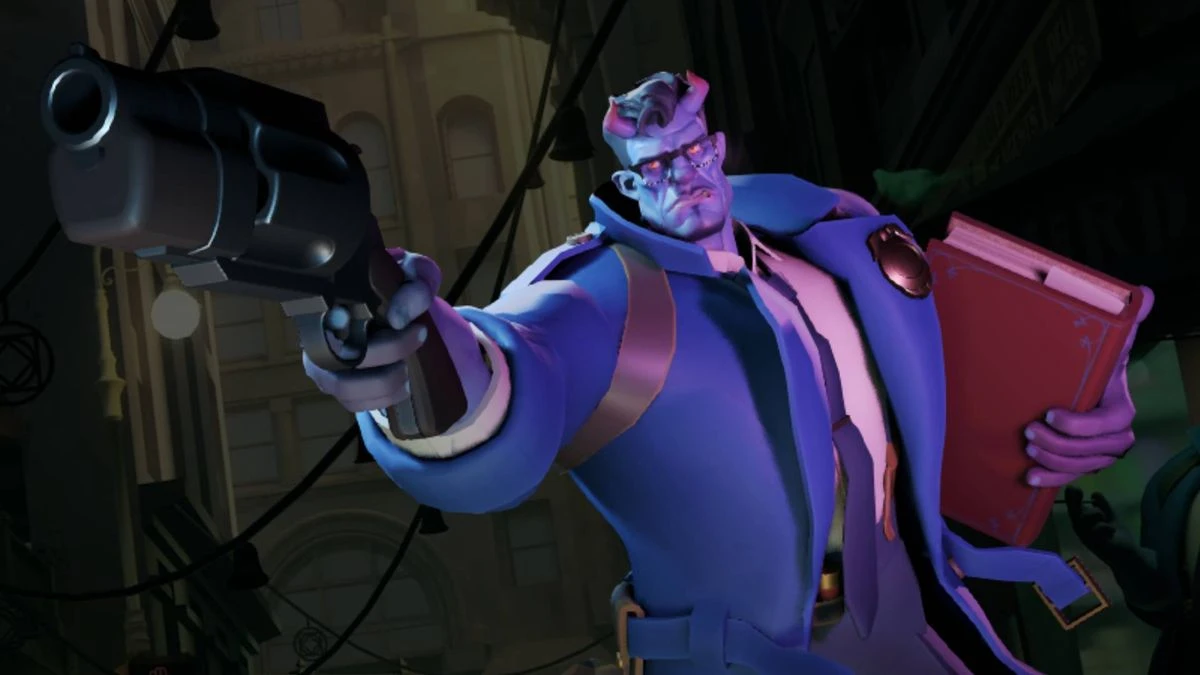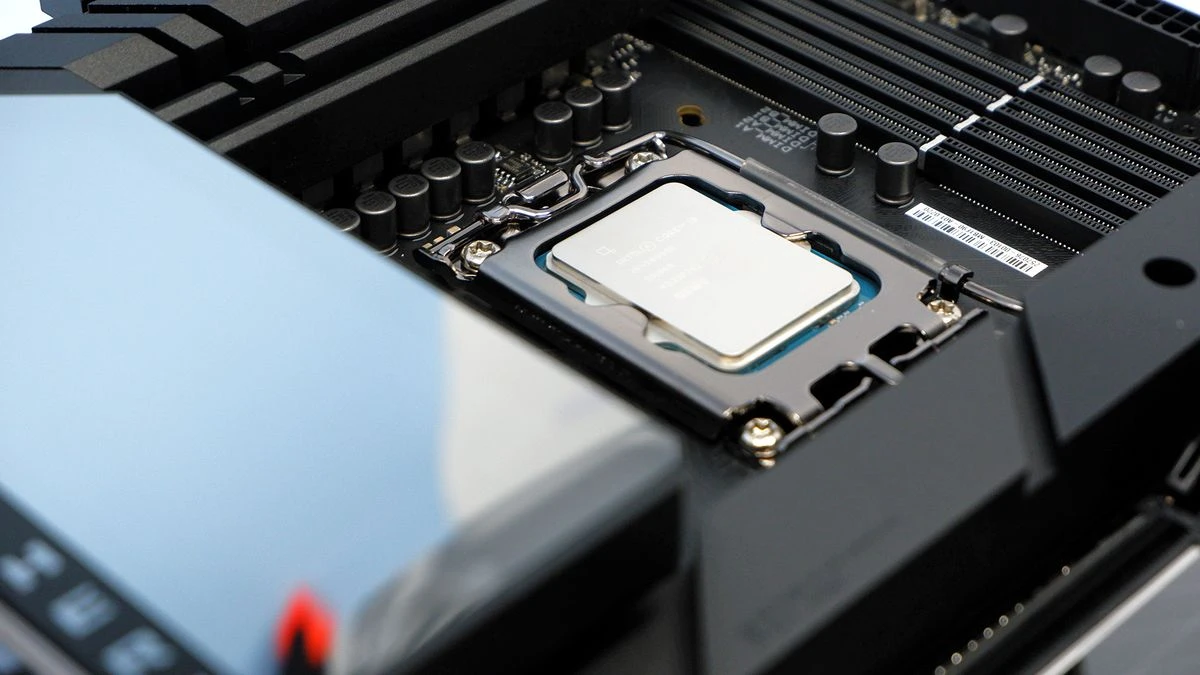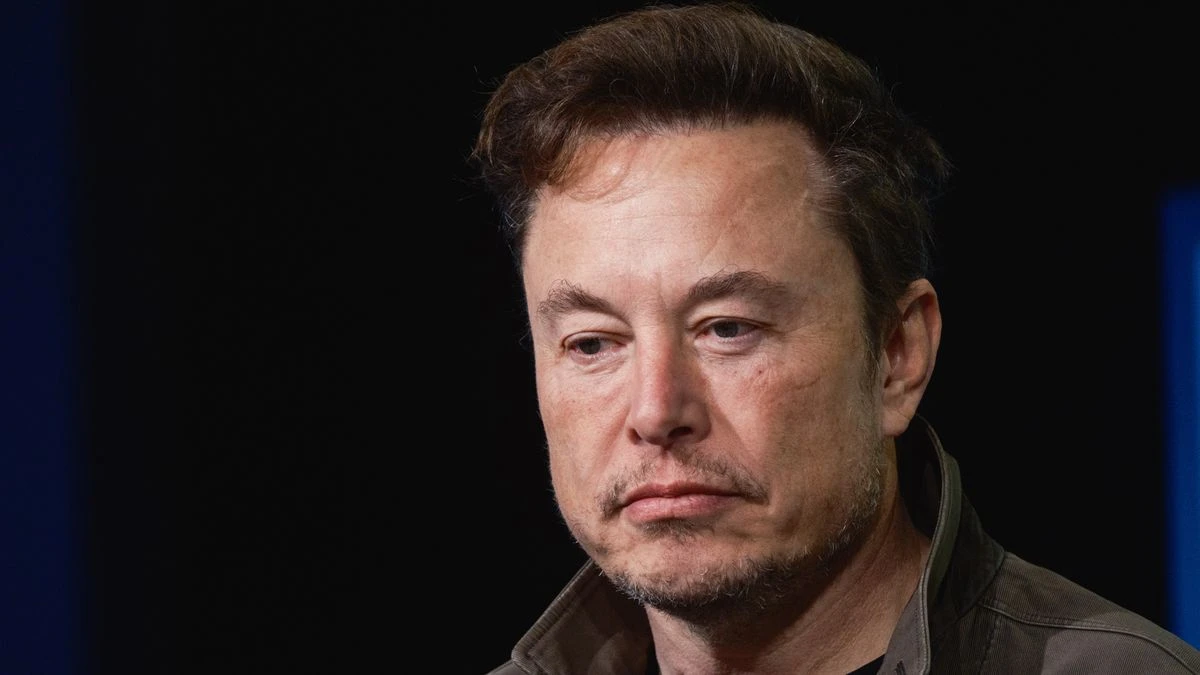MOBAs have suddenly become popular again, and one developer says that soulslikes may be to blame: 'Now more players know how rewarding it is to master a challenging game, I believe more are willing to embark on that journey.
2024 suddenly feels like 2016. I'm not talking about the election season, but rather the MOBAs. In the second half of 2010, we saw the industry oversaturate the MOBA market. It seemed that every major publisher was racing for the lightning Riot and Valve had not already captured with League of Legends or Dota 2.
Many of these efforts failed because, tragically jungling as Batman did not prove compelling enough to attract a sustained amount of attention from the biggest players. The market has moved on to chase after the battle royale zeitgeist. It has left behind failed MOBAs and left the genre to a handful of unchallenged giants.
Now, after years of MOBA games, there are a lot of them happening at once. Gigantic, the free-to-play game that was closed in 2018, returned to its former glory as Gigantic Rampage Edition. August has felt like a breaking of an arcane seal which had prevented lane-based battles from returning to the world. In the last few weeks Predecessor, the MOBA built using assets from Epic's now-defunct Paragon, has received its 1.0 release. Smite 2 launched its closed buy-in alpha and Valve announced Deadlock, a third-person shooter MOBA in development that had attracted tens-of-thousands of players during its not-so secret closed playtest.
MOBAs have returned to popularity, whether it's due to a temporary surge in activity or a renaissance. Why now? Soulslikes deserves some credit for Alex Cantatore.
Cantatore, in an email to PC Gamer, said: "I've often referred to MOBAs as'soulslikes' of multiplayer genres. "They're hard. You'll have to die a lot before you can master the game. While technically demanding games always had an audience, we now live in a time where games like Elden Ring are able to brutalize their players without causing them any harm and still sell millions of copies. Cantatore believes that punishing games are now gaining a wider audience. MOBAs can now reach a new audience.
"That same feeling that you get when you defeat Malenia? You were rewarded because you mastered the game to a high degree? "That's what you get when you win every game of Smite 2," Cantatore stated. "Now that players know how rewarding it is to master a challenging game, I believe more are willing to embark on this journey."
Robbie Singh, CEO at Predecessor developer Omeda Studios believes we're not seeing a MOBA revival so much as an evolution of MOBAs. "In our opinion, MOBAs were never really gone in the first place," Singh said via email to PC Gamer.
Singh believes that western gamers have turned their attention elsewhere because MOBAs did not keep up with the advancing technology and design standards. It could be that a younger generation of gamers are just beginning to realize that MOBAs have improved in terms of design and gameplay.
Cantatore believes that so many MOBAs in the late 2010s failed because they did not offer a compelling alternate to what League and Dota offered. Cantatore stated that during the last MOBA boom a lot games were released which didn't evolve the formula, and therefore didn't standout compared to the established competitors. "Smite was able to survive because it achieved the perfect balance."
Singh said that Omeda understood in 2024 it wasn't enough for Predecessor just to repackage the MOBA experience. Singh said that in order to be a successful modern MOBA, you need to have a solid foundation with heroes and core mechanics. However, we also want to look beyond the genre.
It seems that MOBAs are being forced to adapt in order to meet the changing expectations.
Cantatore stated, "I believe player expectations are only going to grow." "We think that the only way to meet these expectations is to release your game earlier than you are comfortable with. This will allow you to get feedback from players on what they think and want."




Comments